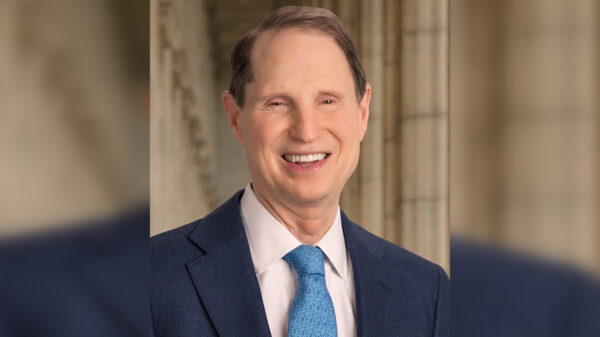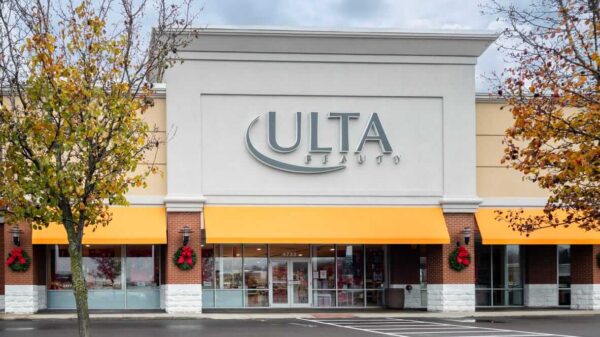Former UK Health Secretary Matt Hancock has defended his controversial decision to transfer untested hospital patients to care homes during the height of the COVID-19 pandemic. Speaking at a public inquiry, Hancock described the move as the “least worst decision” available at the time, aiming to free up hospital beds for the anticipated surge in COVID-19 cases.
The decision, made in the early months of 2020, has been heavily scrutinized as it potentially contributed to the rapid spread of the virus within care homes, leading to significant numbers of deaths among the vulnerable elderly population. Hancock’s defense comes amid ongoing investigations into the government’s handling of the pandemic.
Background and Rationale
As the pandemic unfolded in early 2020, hospitals across the United Kingdom were bracing for an unprecedented influx of COVID-19 patients. The National Health Service (NHS) faced immense pressure to increase capacity, prompting the government to implement measures to discharge patients who were deemed medically fit to leave.
Hancock argued that the decision to move patients to care homes was made under the guidance of scientific advisors and was intended to prevent hospitals from becoming overwhelmed. He emphasized that the move was based on the best available evidence at the time, although he acknowledged the tragic outcomes that followed.
“It was a decision made in the context of a national emergency, with the primary aim of saving lives by ensuring the NHS could cope with the peak of the pandemic,” Hancock stated during the inquiry.
Impact on Care Homes
The impact of transferring untested patients to care homes was profound. According to data from the Office for National Statistics, care homes experienced a significant rise in COVID-19-related deaths during the first wave of the pandemic. The decision has been criticized for not considering the vulnerability of care home residents and the lack of adequate testing and personal protective equipment (PPE) at the time.
Care home operators and advocacy groups have long argued that the policy failed to protect the most vulnerable and called for a thorough investigation into the decision-making processes. The inquiry is expected to shed light on the extent to which these actions contributed to the spread of the virus in care settings.
Expert Opinions and Analysis
Experts have weighed in on the decision, with some supporting Hancock’s rationale given the circumstances, while others criticize the lack of foresight in protecting care home residents. Dr. Sarah Jones, a public health expert, noted that while the decision was made under extreme pressure, more could have been done to mitigate risks.
“The challenge was unprecedented, but the lack of testing and PPE in care homes was a critical oversight,” Dr. Jones remarked. “It highlights the need for better preparedness and communication in future health crises.”
Meanwhile, Professor Mark Thompson, a healthcare policy analyst, suggested that the decision reflects broader systemic issues within the NHS and the government’s pandemic response strategy. He emphasized the importance of learning from these mistakes to improve future responses.
Looking Ahead
The inquiry into the government’s handling of the pandemic is ongoing, with a focus on understanding the decisions made and their consequences. As the UK continues to recover from the pandemic, there is a growing call for accountability and lessons learned to inform future public health policies.
Hancock’s testimony is just one part of a larger investigation that seeks to provide clarity and closure to those affected by the pandemic’s devastating impact on care homes. The findings of the inquiry are expected to influence future government strategies for managing health emergencies.
As the nation reflects on the past and prepares for potential future challenges, the emphasis remains on ensuring that the most vulnerable populations are protected and that the healthcare system is equipped to handle crises effectively.






































































